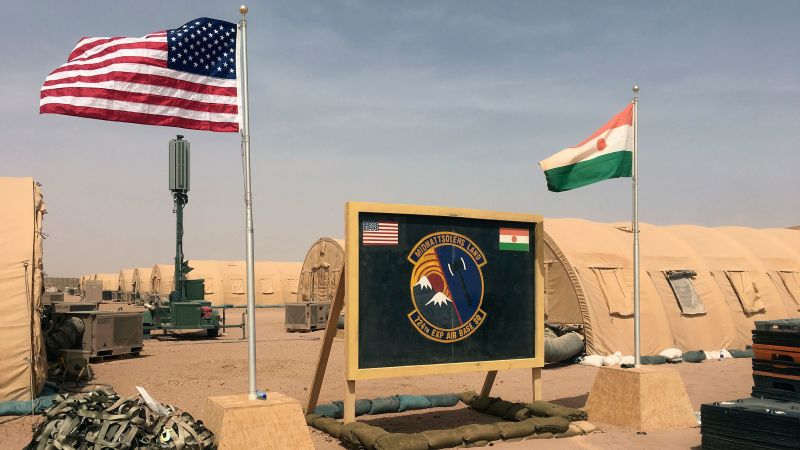The US Deputy Secretary of State Kurt Campbell met with Niger’s Prime Minister Ali Lamine Zeine and agreed to a military withdrawal from the country. Discussions about the timeline for the withdrawal will take place with the Department of Defense in the coming days. This major drawdown will impact the US troop presence in Africa and is happening amidst concerns about Niger’s relationships with Russia and Iran. The New York Times first reported on the expected withdrawal, which follows Niger’s revocation of its military cooperation deal with the US last month, after contentious interactions between the two countries.
Campbell’s meeting with Zeine was the second of the week while he was in Washington, DC for the World Bank’s spring meetings. The US troops stationed in Niger became inactive after a military coup last summer that removed the democratically elected president and installed a military junta. Despite Zeine’s desire to continue the partnership with the US, both countries will be forced to withdraw militarily from Niger within a year of each other. The US will maintain a diplomatic presence in the country. Additionally, a senior airman in Niger filed a formal whistleblower complaint earlier in the week, accusing the US ambassador and defense attache of suppressing intelligence to maintain a facade of a strong relationship between the two countries.
Last week, Chadian officials threatened to cancel the Status of Forces Agreement (SOFA) with the US, which determines the rules for US military personnel operating in the country. While the letter did not directly order the US military to leave Chad, it implied that all US forces would have to leave a French base in N’Djamena. These developments reflect a challenging environment for US forces on the continent, with concerns about diplomatic and military relationships with African nations. The withdrawal from Niger and the potential challenges in Chad raise questions about the future of US military presence in Africa and the impact on diplomatic relations in the region. The US will need to navigate these issues carefully to maintain partnerships and security interests in the region.


